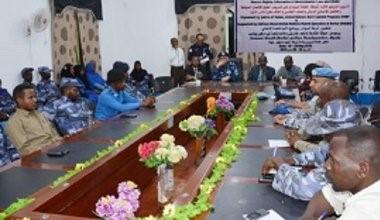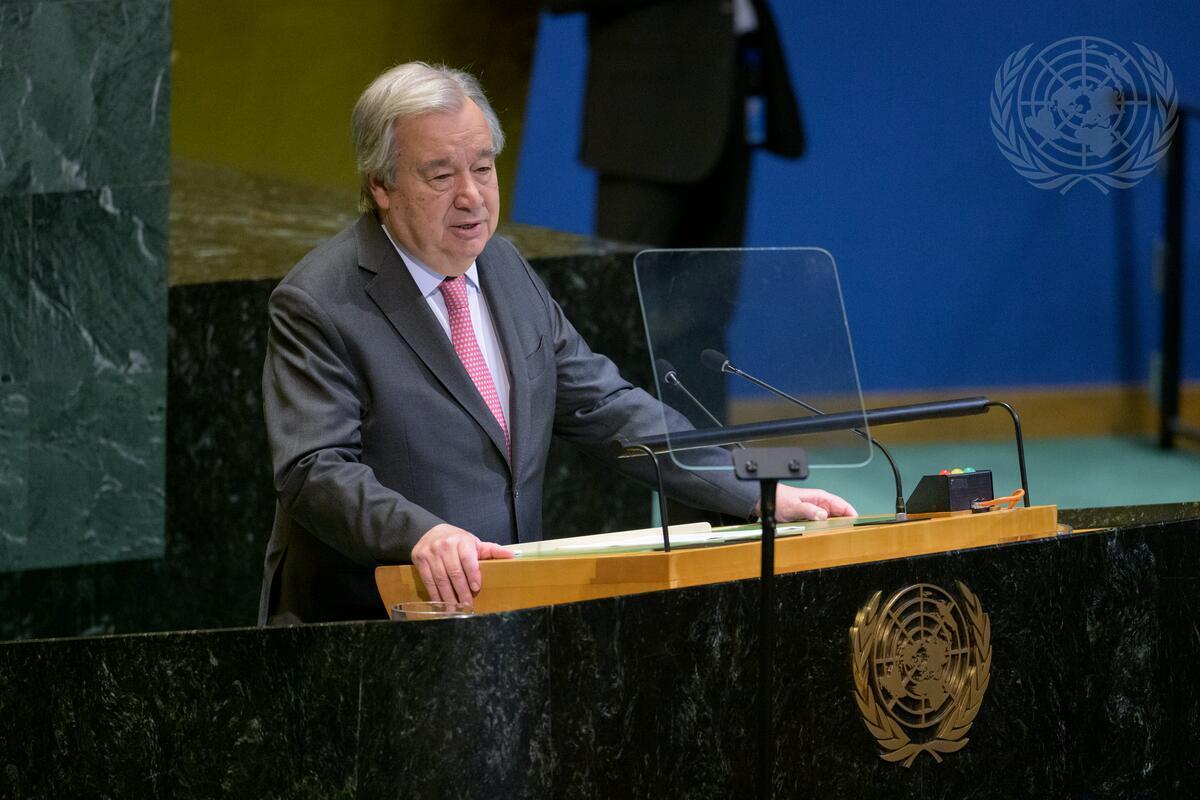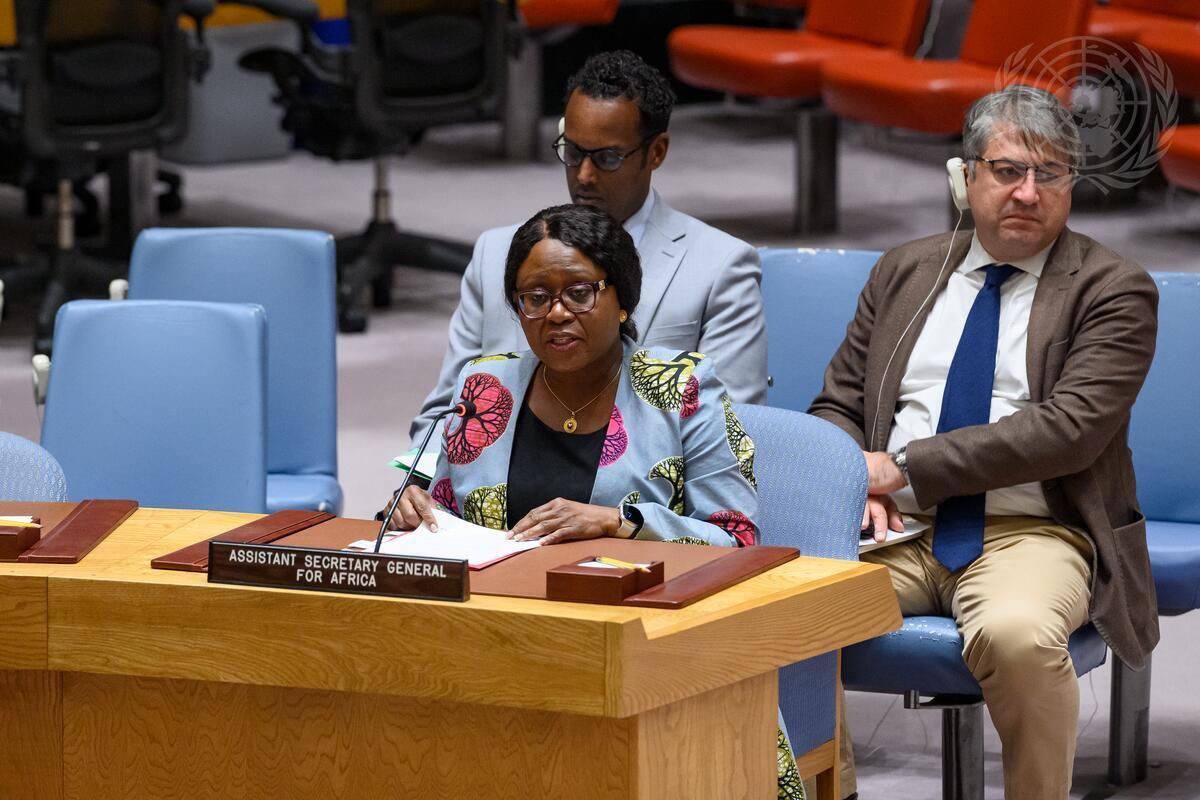Sudan is rich in resources, from historic and cultural, to agricultural, to its powerful sun and wind exposure. These all provide significant opportunities for Sudan’s development – and were the focus for a UNITAMS outreach mission to Northern State.
Headed by Mrs. Khardiata Lo’ Ndiaye, Deputy Special Representative of the Secretary-General, Resident and Humanitarian Coordinator for Sudan (DSRSG/RC/HC) and accompanied by a delegation of senior representatives from the UN Country Team including representatives of UNDP, WFP, UNHABITAT, and UNOPS, the team met young leaders and senior officials, visited solar, wind and hydropower facilities, and explored UNESCO cultural heritage sites.
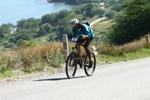
In Dongola, the delegation was received by H.E. Ms. Amal Mohamed Izzadin, Wali (Governor) of Northern State - one of only two female governors in Sudan.
Meeting with the local cabinet, Mrs. Lo’ Ndiaye presented UNITAMS and its mandate and explained its work with the United Nations family in support of the Transitional Government. Key areas for discussion included the various challenges and opportunities for sustainable development in the region, including agriculture, environmental challenges, access to basic services, migration, and security.
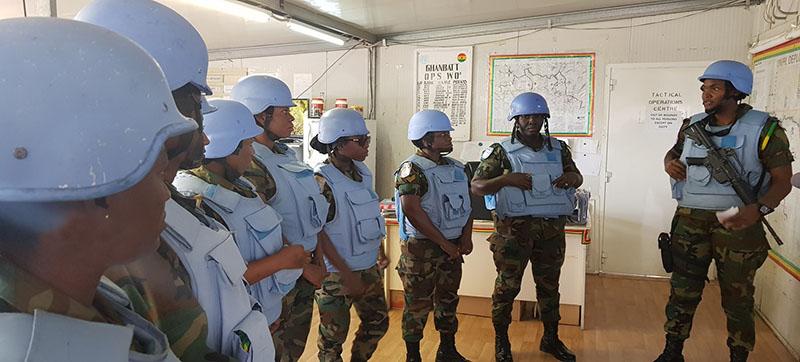
Visiting Dongola University, they met with representatives of civil society, youth, women’s groups, and resistance committees, listening to concerns raised by youth, and areas they consider priorities for support. Through an interactive session, they discussed ways to work together better.
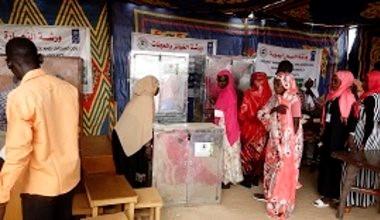
After a drive into the desert, the group reached the construction site of Sudan’s first wind turbine, a UNDP project funded by the Government of Sudan and the Global Environment Facility (GEF). The 63m-tall turbine will demonstrate the viability of utility-scale wind energy in Sudan and is expected to provide power to 14,000 people, connecting to the national grid.
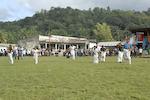
UNDP-provided solar-powered pumps for irrigation – replacing costly and often unavailable diesel fuel – are improving crop yields, size of farms, and diversity of crops for farmers across the state, with almost 2,000 pumps to be deployed in Northern and River Nile states.
“My harvests have doubled to two a year and I’ve increased my land from 10 to 20 feddans,” said Sheikh Alnazeir Abd Algadeir, one of the farmers. “I have hired 4x more employees to farm different crops: tomatoes, potatoes, garlic, onion, and foul.”
“My life is now so much easier: I have been able to buy a house and a car, and no longer have to queue for fuel and worry about whether it will be available.”
“Before, diesel systems created health problems due to the smoke. Now everything is clean: you just turn the tap on, water comes and you’re ready to work.”
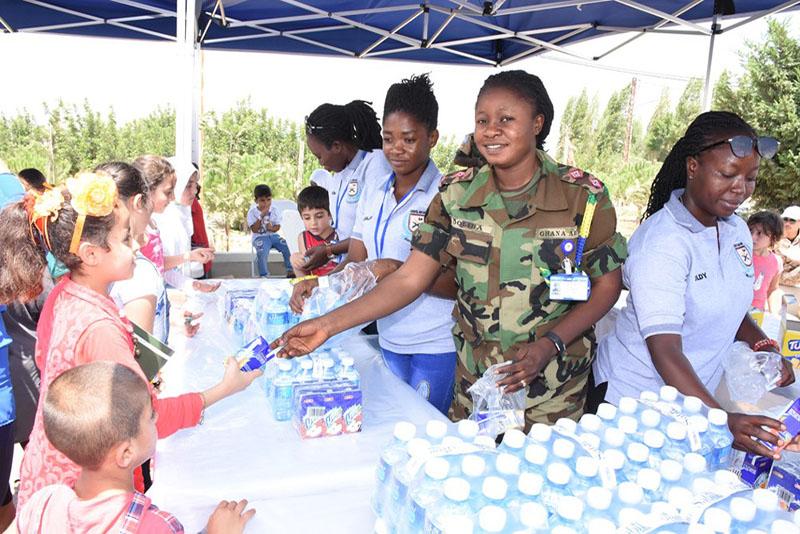
The complex is one of three sites currently on the UNESCO World Heritage List, recognized as having “outstanding universal value” and gaining international recognition and legal protection. Since antiquity, the hill of Jebel Barkal has been strongly associated with religious traditions and folklore, and the largest temples are still considered as sacred places by the local people.
